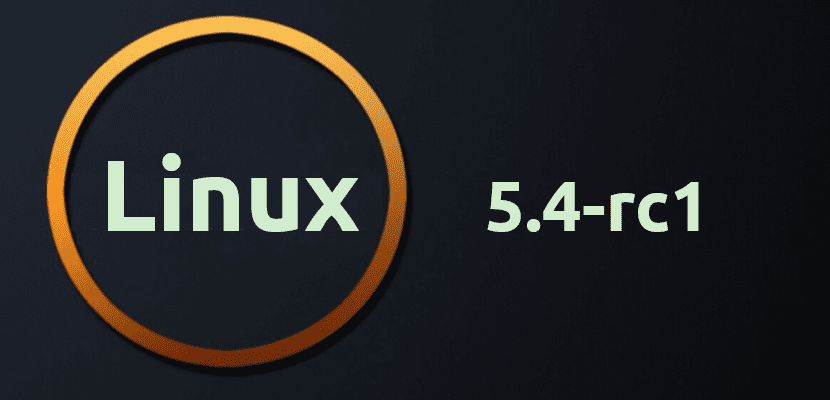
On a different day than usual, which is usually Sunday, Linus Torvalds released the first RC of the next version of the Linux kernel yesterday. It's about a Linux 5.4-rc1 which, among other novelties, will include a security module that they have named Lockdown, which will avoid arbitrary code execution. For those who doubt its importance, today we have published an article that we wouldn't have posted if the feature was active.
Torvalds says that he did not want to extend the request window (merge windows) one day, but that it took a little longer because he had not been able to serve the entire queue he had pending. Therefore, Linux 5.4-rc1 has arrived on Monday and not on Sunday. The father of Linux wants to make it clear that delay is not synonymous with problems, It has only been the result of a different programming.
Linux 5.4 is coming in December
Regarding the size, in the this week's mail we can read what it is practically the same as the one that had Linux 5.3 and that the most remarkable thing has to do with the aforementioned Lockdown module. And it is that the function has been in debate since the beginning of this decade, so there were many patches to attend to.
Nothing major stands out, most notable perhaps is the long-pending Lockdown patches that weren't that big, but are now finally not tied to the EFI Secure Boot, so you can try them in other ways as well.
The new unstable version of the kernel is available from kernel.org. Among the novelties that it includes we have the aforementioned Lockdown, ARM DRM improvements and updated drivers that will translate into greater hardware support. From now on, there will be a new Release Candidate a week, launching if there is nothing strange on Sundays.